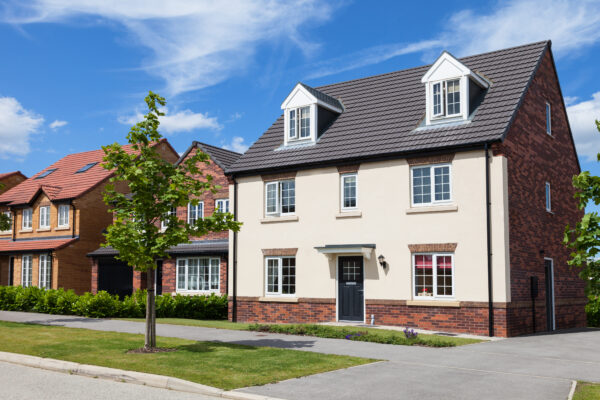Buy tickets now
Tribunal sheds light on applications for cladding remediation orders

Robert Bowker and Pauline Lam of Russell Cooke discuss this important recent case in which they acted for the successful leaseholders.
Kedai Ltd, the landlord of a London residential development, has been ordered by the First-tier Tribunal to carry out remediation under the Building Safety Act (BSA) 2022 in the case of 2-4 Leigham Court Road, Streatham.
The development comprises two residential blocks. Conversion and construction works were completed in 2016.
The external wall system comprises aluminium composite material (ACM) cladding panels and fibre cement cladding panels, both with Kingspan Kooltherm K15 insulation.
From October 2019, the landlord, which is associated with the developer, procured some reports identifying various defects requiring remediation.
The claim
The leaseholders began action against the landlord in September 2022 for a remediation order (RO) under section 123 of the BSA requiring remediation of six defects: ACM cladding panels; fibre cement cladding panels; K15 insulation; inadequate cavity barriers, fire stopping and internal compartmentation; gypsum-based balcony soffit boards; and ceramic tiles.
The landlord agreed some of the alleged defects were relevant for the purposes of the BSA but contended that the tribunal could not make an RO because the leaseholders did not adduce evidence to establish the relevant defects or propose a scheme of remedial works.
Lambeth Council later joined the proceedings as an Interested Person.
Remediation order
Following a three-day hearing, the tribunal made an RO requiring the landlord to remove and replace the ACM and the fibre cement panels with rainscreen cladding, which would protect the insulation from the spread of fire; remove and replace the K15 insulation with non-combustible insulation; and remediate the cavity barriers, fire stopping and internal compartmentation. It gave the landlord until September 2025 to complete the works.
The tribunal would not make an order on the balcony soffits and the ceramic tiles, or other claims made by the leaseholders that fell outside its jurisdiction under section 123.
What this means for the construction sector
The tribunal clarified that the focus of the BSA is on building safety and the improvement of standards. The wording of section 123 is broad and gives the tribunal wide power to find the best, most practical and outcomes-focused solutions.
The tribunal said the BSA creates a freestanding regime designed to address a specific problem: “Here, we are dealing with a statutory remedy in simple terms, arising from certain limited criteria being satisfied. In short, the objective of the BSA is (with occasional overlap) different to all other regimes. It is simply to remove a ‘relevant defect’.”
The tribunal demonstrated this approach in its determination of the landlord’s argument to retain K15 in a theoretically possible remediation scheme, as follows: “In the tribunal’s judgment, the Kingspan insulation must be removed. It is not a question of waiting for a feasibility study for retaining the Kingspan insulation: such a study would only go to the possibility of retention. It would not affect the tribunal’s determination that the Kingspan insulation is now a relevant defect not only as part of a cladding system, but also by itself as an independent element.”
On ROs, the tribunal exercised a degree of flexibility: “The tribunal’s remediation order makes clear which of those items that are relevant defects must be removed from the development; and reasons for that are given in this decision. Where the respondent considers that any item currently constituting a relevant defect might yet be retained at the development, it can apply to the tribunal for a variation of the remediation order.”
This is the first case of its kind. Although it does not set a binding precedent, it does provide a valuable insight for construction professionals into how the tribunal will interpret the BSA and approach applications for RO (and probably also the related remedy under section 124 for a remediation contribution order).
The law in this area is developing but the early indications are that the tribunal will deal with such applications with a high degree of flexibility. With the BSA extending the limitation period for Defective Premises Act 1972 claims, too, there is a lot for the sector to reflect on.
Pauline Lam, a senior associate at Russell-Cooke LLP, instructing Robert Bowker of Tanfield Chambers, acted for the leaseholders of 2-4 Leigham Court Road.
This case first appeared in Construction News. If you would like more information or to instruct Robert Bowker, please contact Richard Powell.
This content is provided free of charge for information purposes only. It does not constitute legal advice and should not be relied on as such. No responsibility for the accuracy and/or correctness of the information and commentary set out in the article, or for any consequences of relying on it, is assumed or accepted by any member of Tanfield or by Tanfield as a whole.






